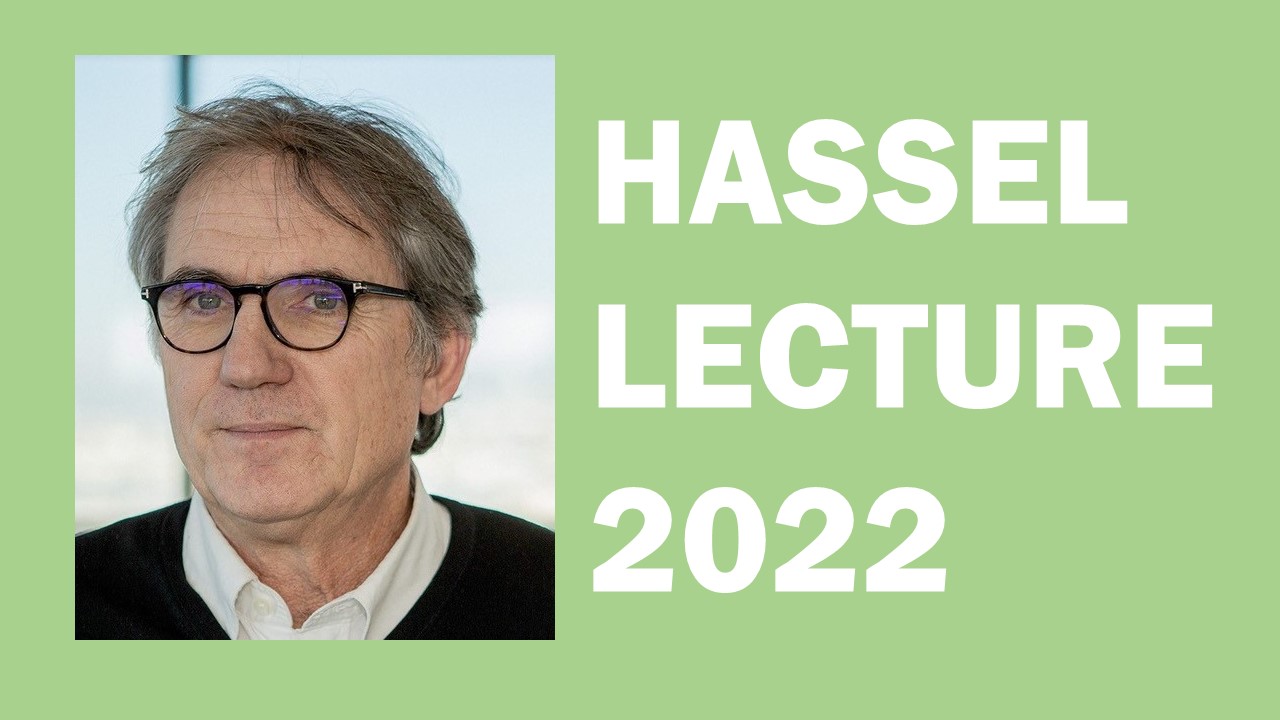|
Join us at the library of Natural Sciences for this year's Hassel lecture delivered by Professor Marc Fontecave. The Tuesday Hassel lecture is open to the public and relevant to anyone interested in current chemical research. No registration is required prior to the lecture. |
|---|
What is the Hassel lecture?
The Hassel lecture is a yearly lecture organised by the Department of Chemistry at the University of Oslo in honor of Nobel Laureate Odd Hassel. The conference is organized by the Department of Chemistry, University of Oslo and the Norwegian Chemical Society (Norsk Kjemisk Selskap, NKS) that highlights especially innovative or current research presented by a distinguished invited lecturer.
Two lectures will be held by the Hassel Lecturer: The first day, Tuesday, the Hassel Lecture is targeted at a broad, non-expert in chemistry (as well as other natural sciences) audience. The second lecture on Wednesday is addressed to an audience that is more proficient in the area(s) of chemistry that are presently closest to the Hassel Lecturer.
You can find information about Wednesday's lecture here.
Who is Professor Marc Fontecave?
Marc Fontecave became Docteur d’Etat in 1984 from the University P. et M. Curie, Paris. He was a post-doc at the Department of Biochemistry at Karolinska Institute in Stockholm (1985-1986). After 20 years as Professor of Chemistry at University Joseph Fourier, Grenoble, France (1989-2009), he now hold a Professorship at Collège de France, Paris, as Director of the Laboratory of Chemistry of Biological Processes. He is a member of the French Academy of Sciences and of the Royal Swedish Academy of Sciences. His research interests span from catalysis and biocatalysis, bioinorganic and bioinspired chemistry to artificial photosynthesis and energy storage technologies (water splitting and CO2 valorization).
Abstract for Tuesday's lecture
Climate and environmental issues require the advent of an energy transition towards a new world, more economical, more electrical and less CO2 emitting. This transition will only be possible with massive investments in research and innovation in the fields of energy production, transport, industry and construction. Taking the case of France, we will discuss the current energy situation, the different scenarios for the 2050 trajectories and the scientific and technological challenges that we must face. Many of the addressed questions are relevant to comparable countries.
